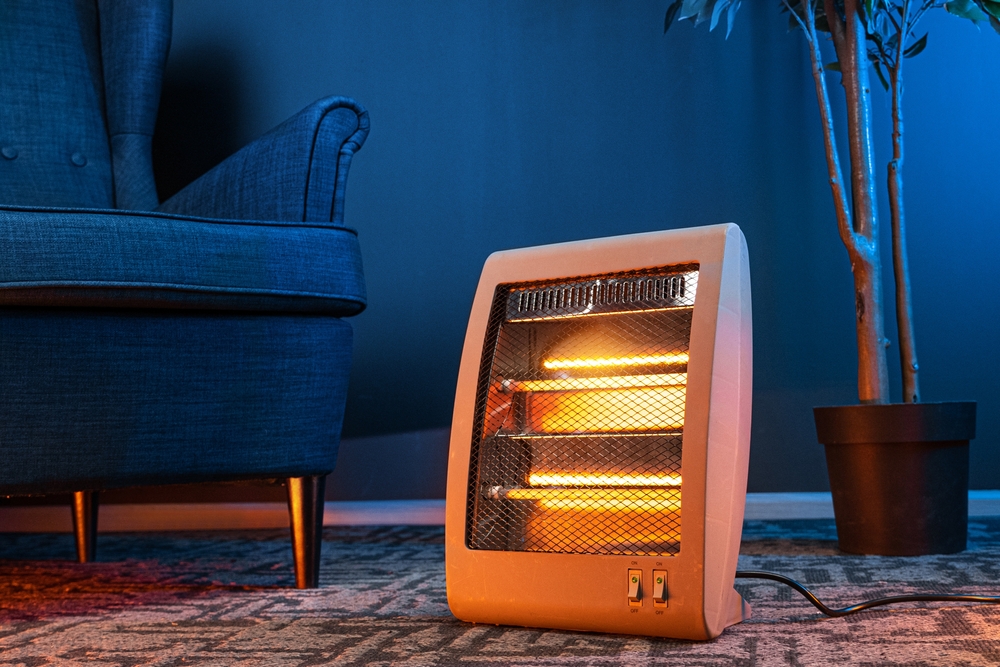Extension cords offer convenience, but using them the wrong way can lead to serious safety hazards. Some appliances draw too much power or pose fire risks if connected improperly. Knowing which items to keep off your extension cords helps protect your home and devices. Here are 12 things you should never plug into an extension cord, even though many people still do.
1. Space Heaters
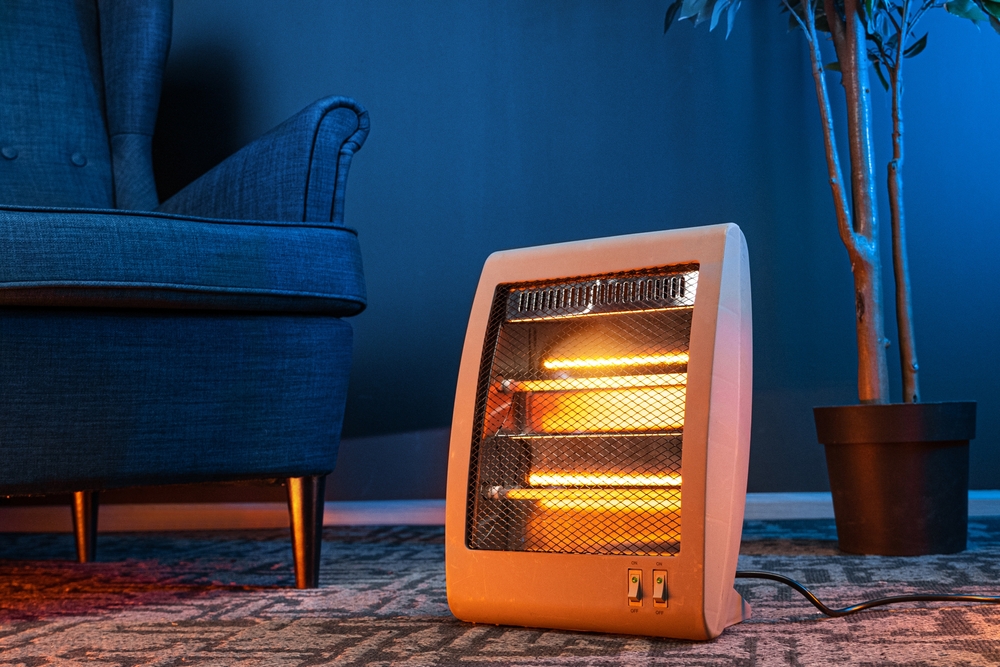
Space heaters use a lot of power, often more than an extension cord can safely handle. Plugging one into a cord can cause overheating or even a fire. Manufacturers recommend plugging space heaters directly into a wall outlet. Extension cords can’t manage the high current draw, especially if multiple items are plugged in at once.
2. Refrigerators
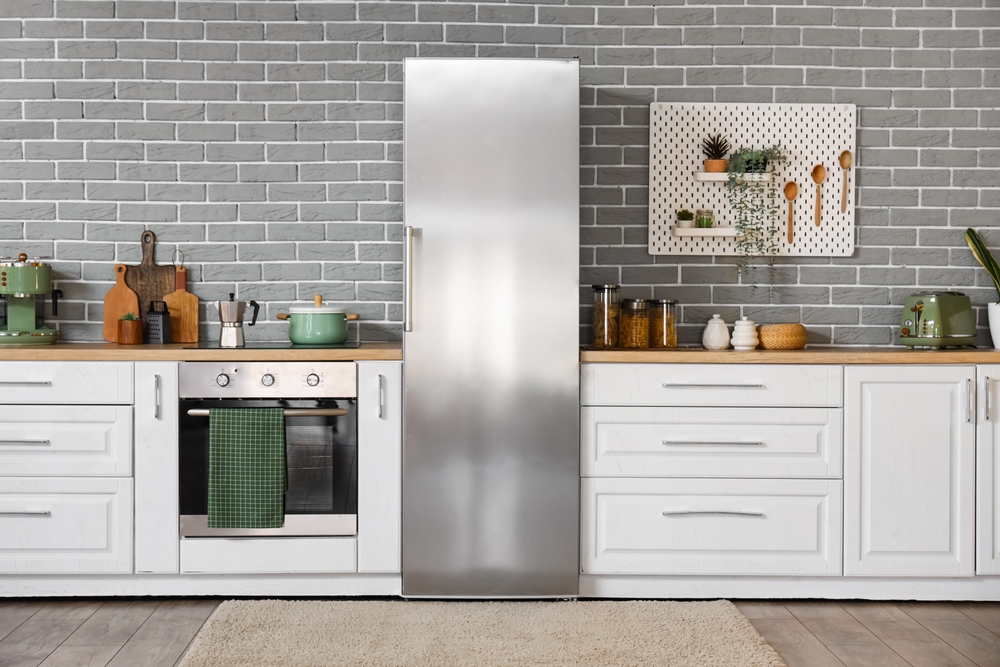
Refrigerators cycle on and off, drawing large amounts of power when the compressor kicks in. Extension cords may not deliver consistent voltage, which can damage the motor or shorten the fridge’s lifespan. Always plug your refrigerator directly into a dedicated wall outlet with proper grounding.
3. Microwaves
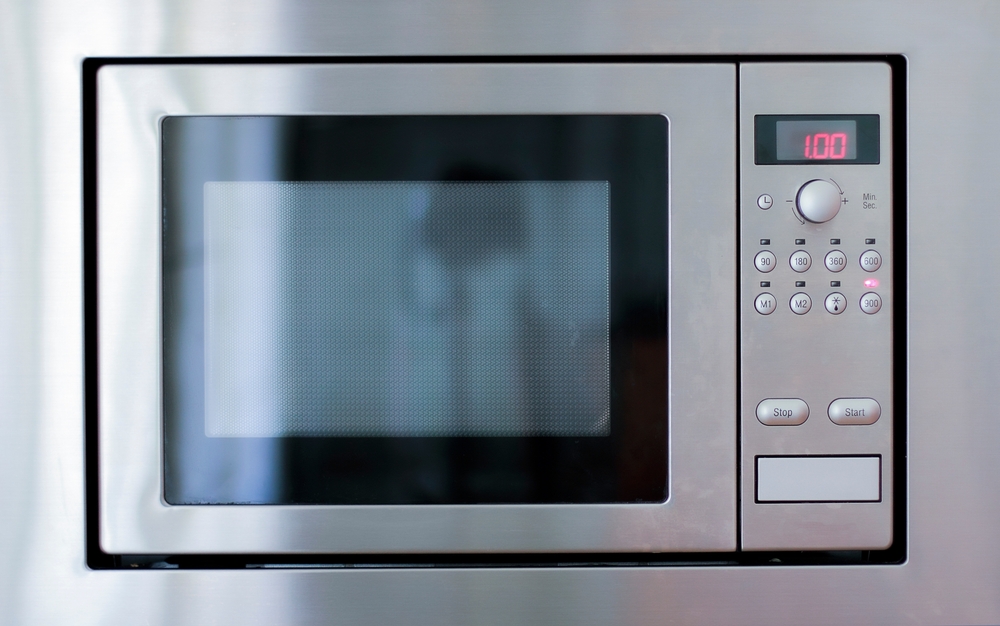
Microwaves demand high wattage, often up to 1,500 watts or more. An extension cord may not support that level of energy, especially over long periods. This can lead to reduced performance, overheating, or tripping the circuit breaker. Direct wall plug-in ensures stable power and safety.
4. Air Conditioners
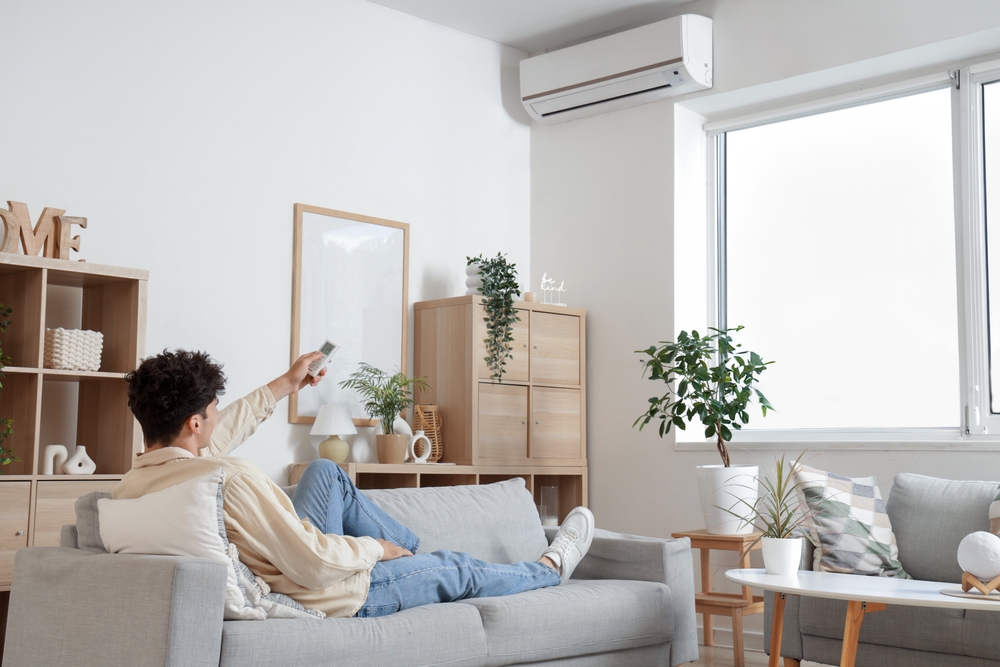
Like space heaters, air conditioners require a lot of electricity, particularly window units. Plugging one into an extension cord can result in overheating, fire hazards, or blown fuses. These appliances should always be connected to a properly rated outlet to avoid electrical stress.
5. Coffee Makers

Coffee makers heat water quickly, which demands high wattage. An extension cord can’t always handle the power surge, increasing the risk of melting insulation or starting a fire. Using a wall outlet ensures your coffee machine works efficiently and safely.
6. Toasters and Toaster Ovens
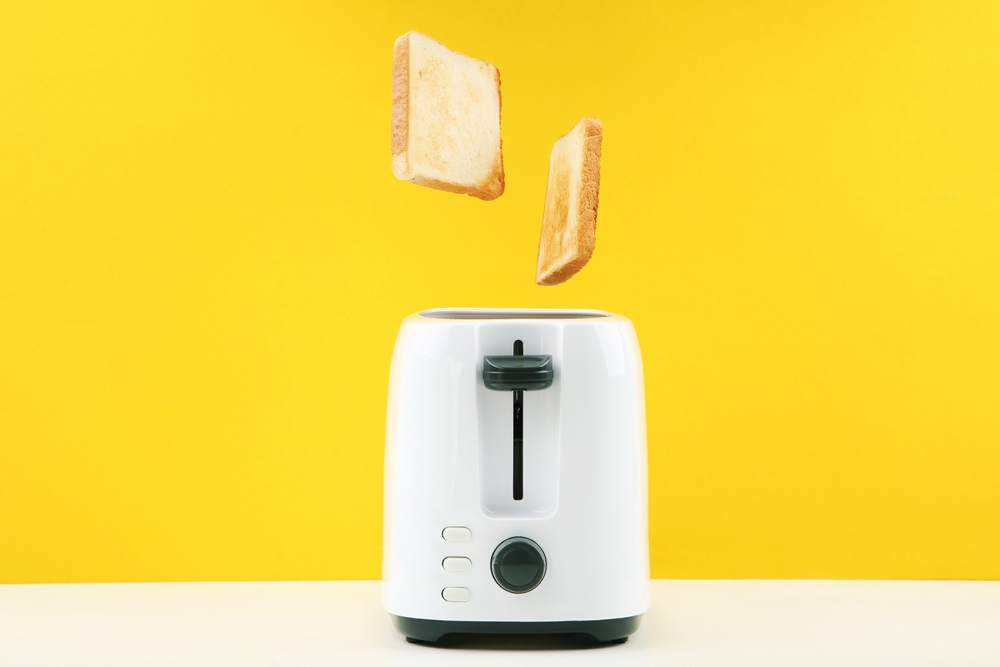
Toasters generate high heat in a short amount of time. That rapid energy draw strains extension cords and can cause the cord to overheat. Toaster ovens also require steady power. Plug both devices into a wall outlet to avoid dangerous consequences.
7. Hair Dryers
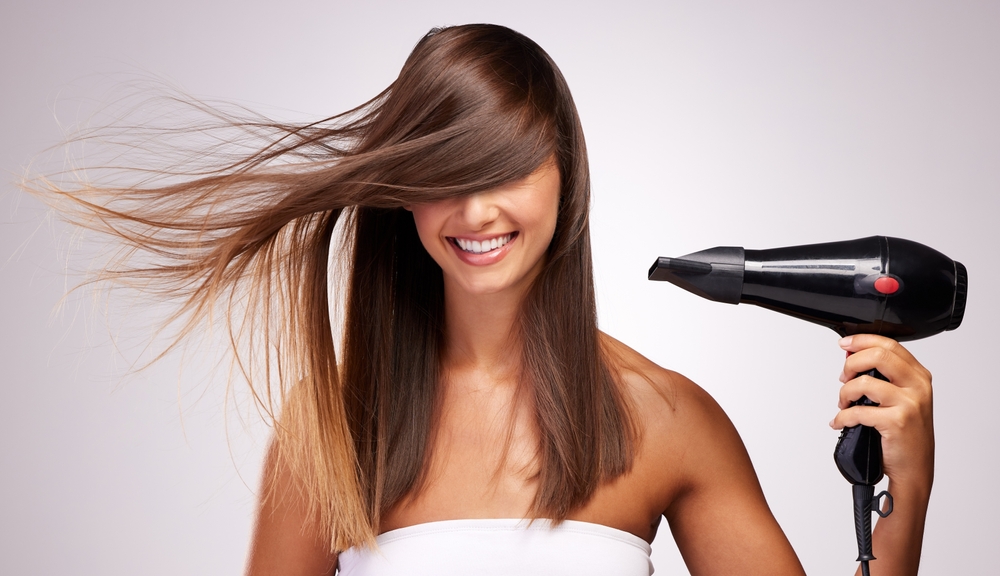
Hair dryers often use more than 1,800 watts of electricity. Using one on an extension cord can lead to overheating and reduced airflow. The heat can damage both the dryer and the cord. Always plug hair styling tools directly into a wall outlet.
8. Curling Irons and Flat Irons
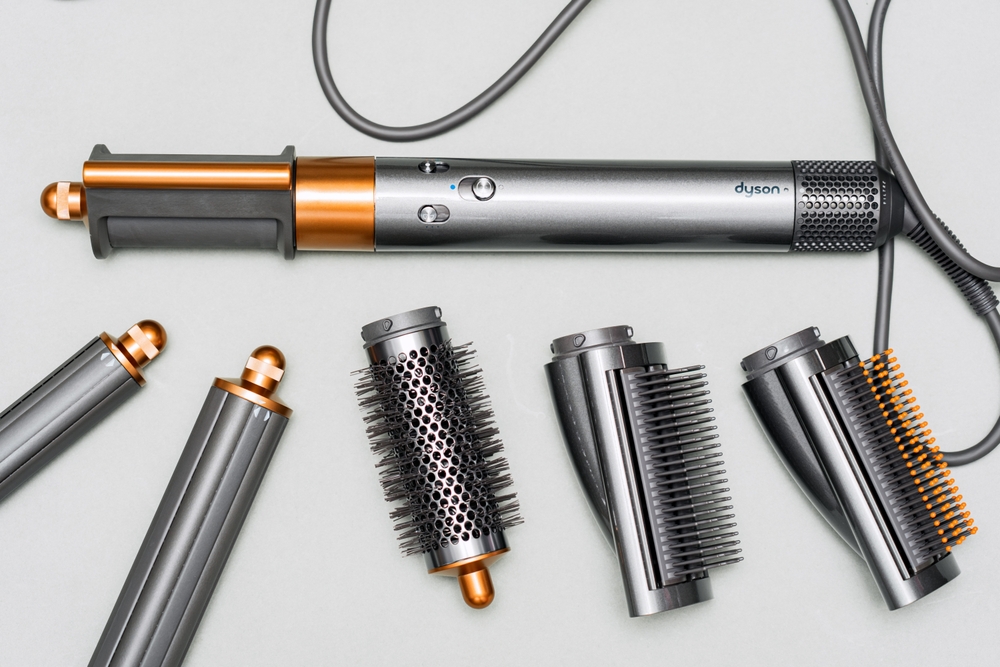
Though smaller than hair dryers, curling and flat irons still produce high heat and demand steady power. Extension cords can cause uneven heat distribution or overloading. Direct connections to outlets reduce fire risk and improve performance.
Read More: Where to Hide a Safe at Home: 16 Brilliant Ideas
9. Washing Machines
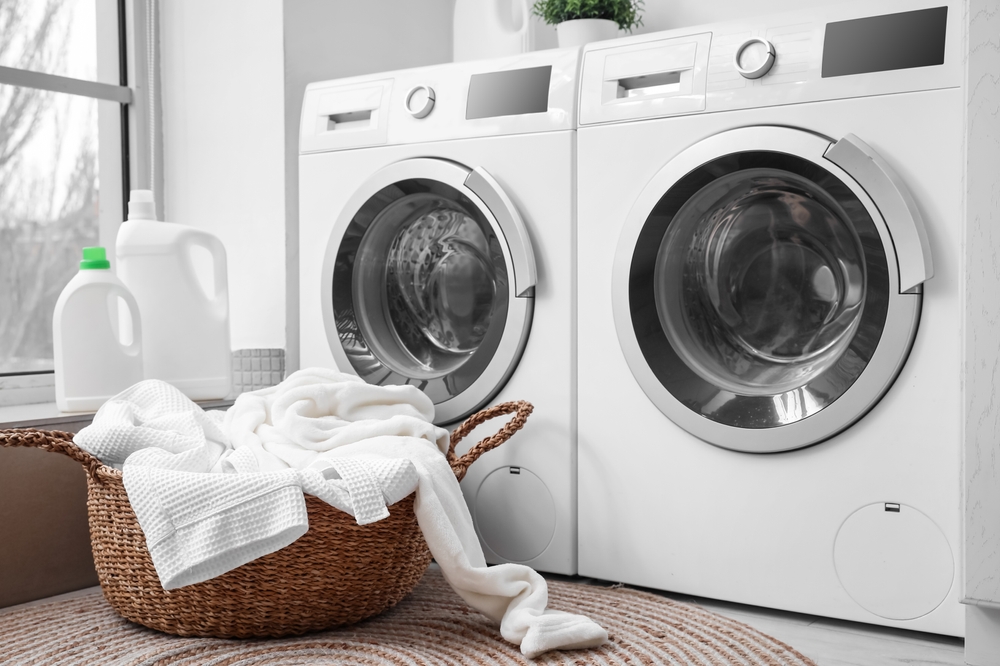
Washing machines require grounding and stable electricity, especially during spin cycles. An extension cord may interrupt the power or fail to provide the needed current. This could damage the internal electronics or cause dangerous shorts. Plug washers into dedicated wall outlets only.
10. Dishwashers
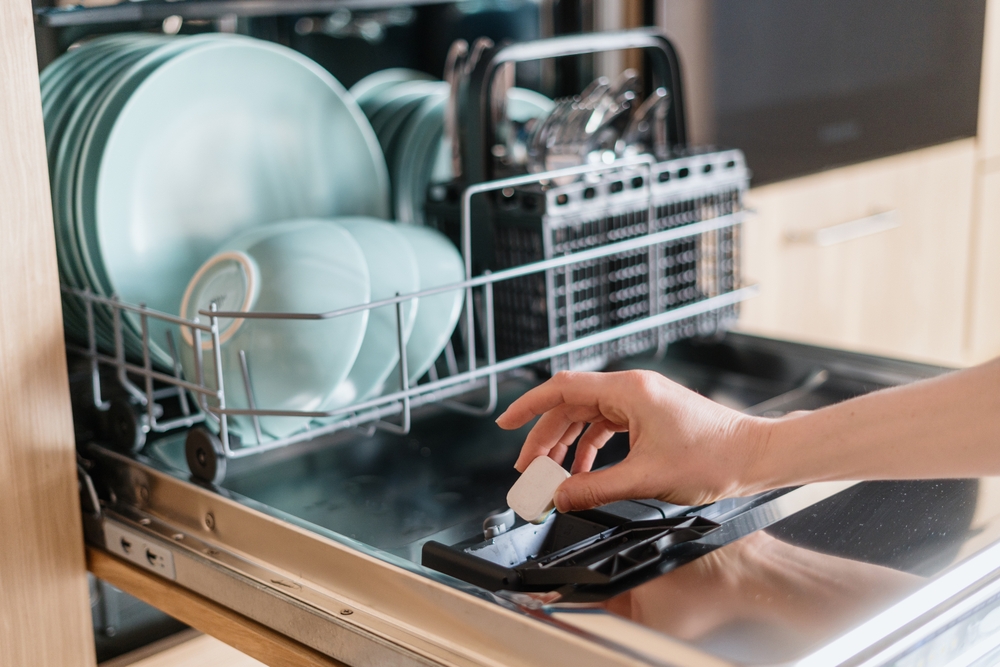
Built-in dishwashers should never use extension cords, and even portable ones should be plugged directly into the wall. They use lots of water and electricity, making the risk of electrical shock or fire much higher. Use the correct outlet with GFCI protection if required.
11. Sump Pumps
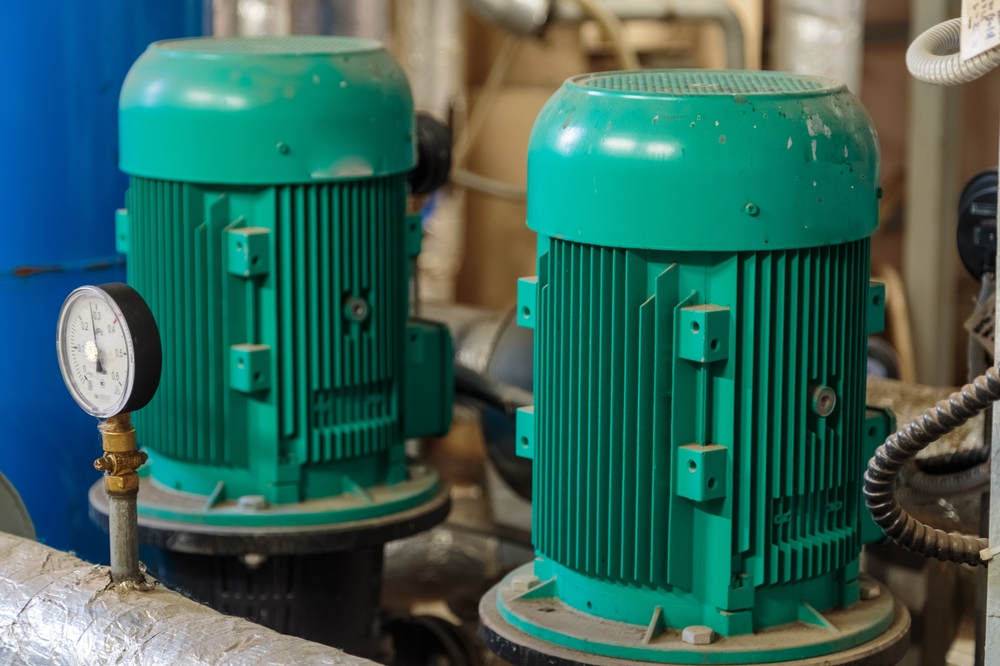
Sump pumps protect your basement from flooding, so reliable power is critical. An extension cord can fail, especially during storms when you need the pump most. A failure could lead to property damage or water intrusion. Always plug sump pumps into a grounded outlet with surge protection.
Read More: 11 Must-Haves in Every Happy Home
12. Portable Air Compressors
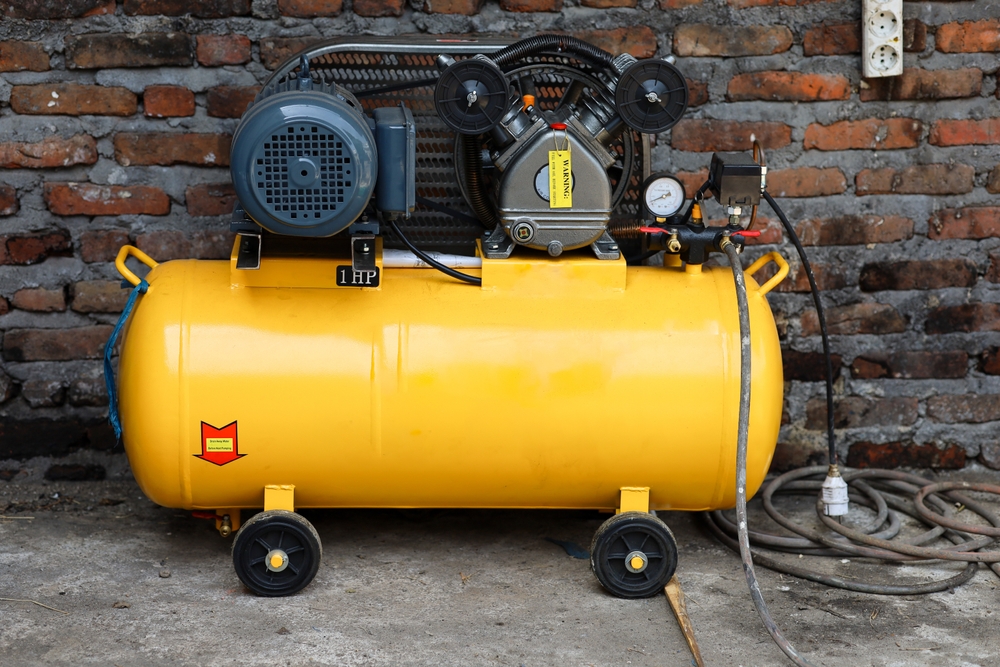
Air compressors draw heavy current, especially at startup. Extension cords often can’t support the sudden demand, which may trip breakers or overheat the cord. Use the manufacturer’s recommended setup, which typically involves plugging directly into a wall outlet with proper capacity.
Final Thoughts
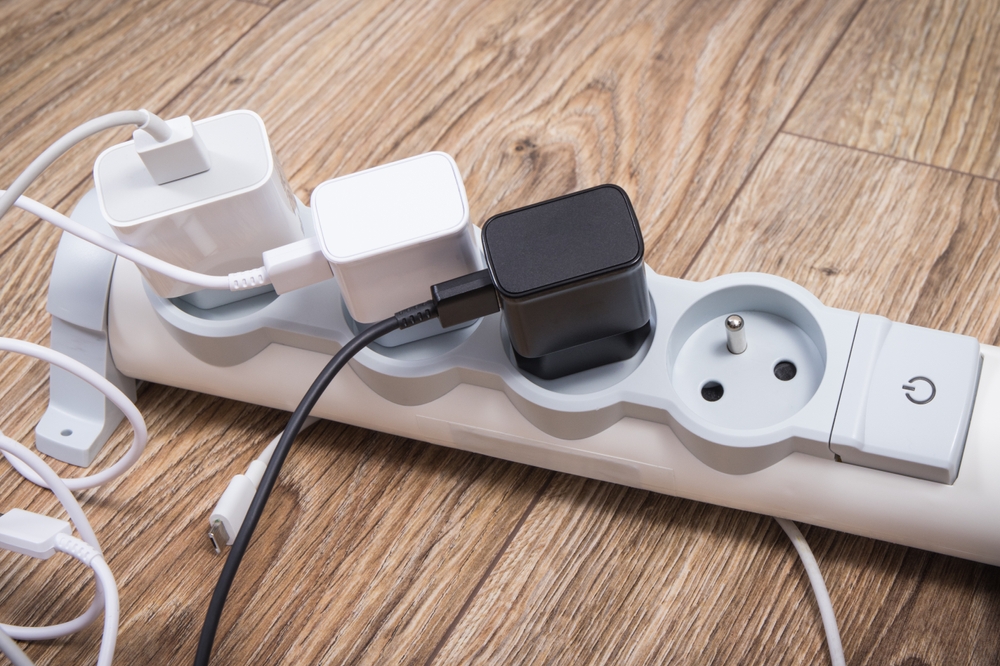
Extension cords are handy for low-wattage items like lamps, chargers, or fans, but not all devices belong on them. High-power appliances and tools can overload cords, leading to melted insulation, electrical shorts, or fires. If you use an extension cord, choose one rated for the item’s power needs, and never chain multiple cords together. When in doubt, plug directly into the wall and stay safe.
Disclaimer: This article was created with AI assistance and edited by a human for accuracy and clarity.
